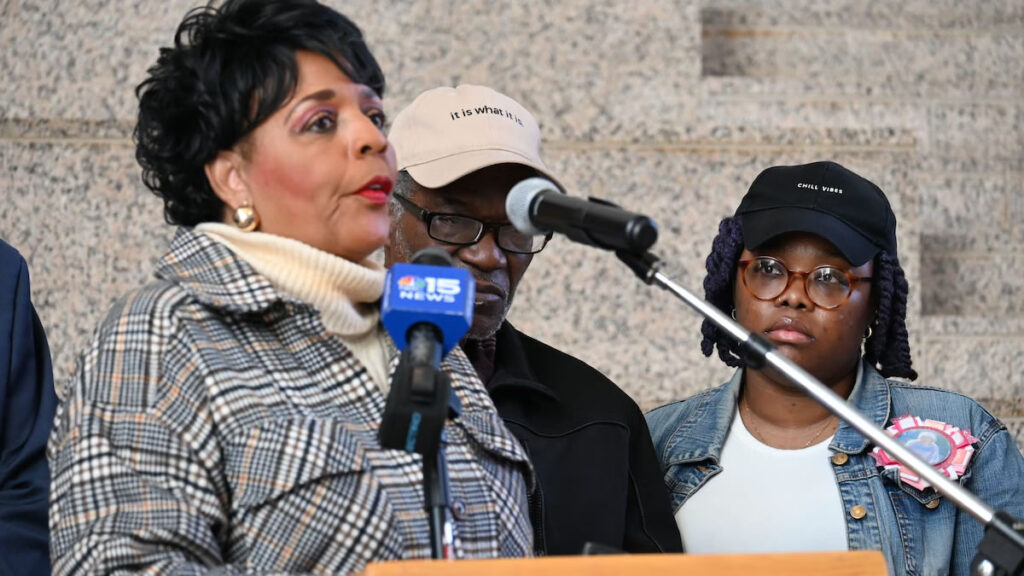After a three-year effort led by state Rep. Barbara Drummond, Alabama lawmakers have passed HB8, a bill poised to become the state's first significant regulation of e-cigarettes and vaping devices. The bill now sits on Governor Kay Ivey’s desk, facing a final wave of scrutiny and intense lobbying, particularly from the convenience store industry.
Flavor Restrictions Spark Controversy and Lobbying
A central point of contention is a late amendment by Sen. Bobby Singleton. Approved by a narrow 18-16 vote, it would restrict convenience stores to selling only 34 FDA-approved tobacco and menthol-flavored e-cigarette products. All other flavors would be limited to age-restricted (21+) specialty vape shops. J. Bart Fletcher, president of the Petroleum & Convenience Marketers of Alabama, warned this could devastate small businesses and deter investment from major chains, noting vape sales average $6,117 per month per store.
The amendment has created unusual political tension. Sen. Singleton, while supporting tighter regulation, has urged Gov. Ivey via letter to revise the bill with an executive amendment to allow more products in convenience stores, fearing business closures. However, HB8's Senate sponsor, Sen. David Sessions, strongly opposes any changes, insisting the governor sign the bill as passed to protect children. He emotionally pressed the urgency of reducing youth access, given that 17.5% of Alabama high schoolers report vaping—more than double the national average.
A spokesperson for Gov. Ivey stated HB8 is "under review."
Other Provisions and Reactions
Beyond flavor restrictions, HB8 also bans vape sales in vending machines, increases penalties for selling to minors, requires U.S.-manufactured vape products, and mandates a state vaping education program. The American Vapor Manufacturers Association criticized the bill as favoring Big Tobacco, while some public health groups, historically opposed to such restrictions fearing a rise in smoking, are now focused on comprehensive tobacco control measures. Rep. Drummond, who is running for Mobile mayor, maintains her long-standing motivation for the bill is to save children's lives, stemming from an early encounter with youth vaping.
- News source: Alabama vaping bill reaches Gov. Kay Ivey’s desk after years of debate, final surge of opposition

Tech Reviewer & Vape Enthusiast
Rohan Sharma is a dynamic and analytical voice in the Indian vaping landscape, blending his passion for technology with a deep understanding of the global vape market. Based in Bangalore, India's tech hub, Rohan leverages his IT background to dissect the intricate details of vaping devices, from chipset performance to coil longevity. His content aims to empower the growing Indian vaping community with precise, data-driven reviews and practical advice.




